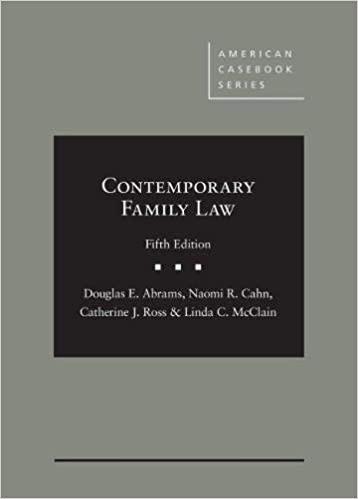Read the case and answer 5 questions below
Analyzing Charter Cases R v Keegstra (1990) 117 N.R.1. SCC If the courts decide that a legal case does involve the Charter, it must then hear the evidence to determine if a guaranteed right has been infringed upon. Remember, Section 1 of the Charter allows your rights and freedoms to be limited if there is a justifiable reason to do so. R. v. Keegstra (1990) 117 N.R.1. Supreme Court of Canada James Keegstra taught high school in Eckville, Alberta, from the early 1970s until he was dismissed in 1982. In his history class, Keegstra taught that the Holocaust, in which 6 million| Jews died during World War II, had never happened. He described Jews to students as "treacherous," "sadistic," and "power hungry." He taught that they were responsible for economic depressions, chaos, wars, and resolutions. According to Keepstra's lessons, the Holocaust was a fabrication, part of a Jewish conspiracy to rule the world. Keepstra expected his students to repeat these teachings in class and on exams. If they failed to do so, their marks suffered. In 1984, Keegstra was charged under section 319(2) [then section 281(2)] of the Criminal Code with promoting hatred. This section states: "Everyone who, by communicating statements in any public place, incites hatred against any identifiable group where such incitement is likely to lead to a breach of the peace is guilty of (a) an indictable [severe criminal] offence and is liable to imprisonment for a term not exceeding two years; or (b) and offence punishable on summary conviction [can be tried without a jury]." After the longest trial in Alberta history, Keegstra was convicted by a judge and jury in the Alberta Court of Queen's Bench and fined $5000. Keegstra appealed to the Alberta Court of Appeal. In June 1988, that court unanimously accepted his argument. It held that the Criminal Code provision violated his Charter right to freedom of expression, and that the Criminal Code section was too broad and not a reasonable limit prescribed by law under section 1 of the Charter. The Crown appealed to the Supreme Court of Canada, where the appeal was heard in December 1989. In a 4 to 3 judgment, the Supreme Court upheld the Crown's appeal. All seven judges agreed that the hate law violated the Charter's section 2(b) guarantee of freedom of expression. But four of them - the majority - believed the violation could be justified under section 1 of the Charter because it would help protect victims of hate propaganda. The remaining three judges could not justify the law under section 1. Charter Case Analysis After reading through the Charter case outlined above, answer the questions below. 1. Does the Canadian Charter of Rights or Freedoms apply? What right or freedom is at issue in this case? 2. Has the Charter right or freedom been infringed upon? If so, what is the applicable law that is infringing upon it? 3. Briefly summarize the facts of the case under the following headings: a. Crown's Arguments (this might require some interpretation/suggestion) b. Defence's Arguments (this might require some interpretation/suggestion) c. Court's Decision 4. If applicable, was section 1 (the reasonable limits clause) of the Charter used? If yes, does the reasonable limits clause justify the infringement 5. What is your view/opinion on this case







